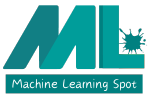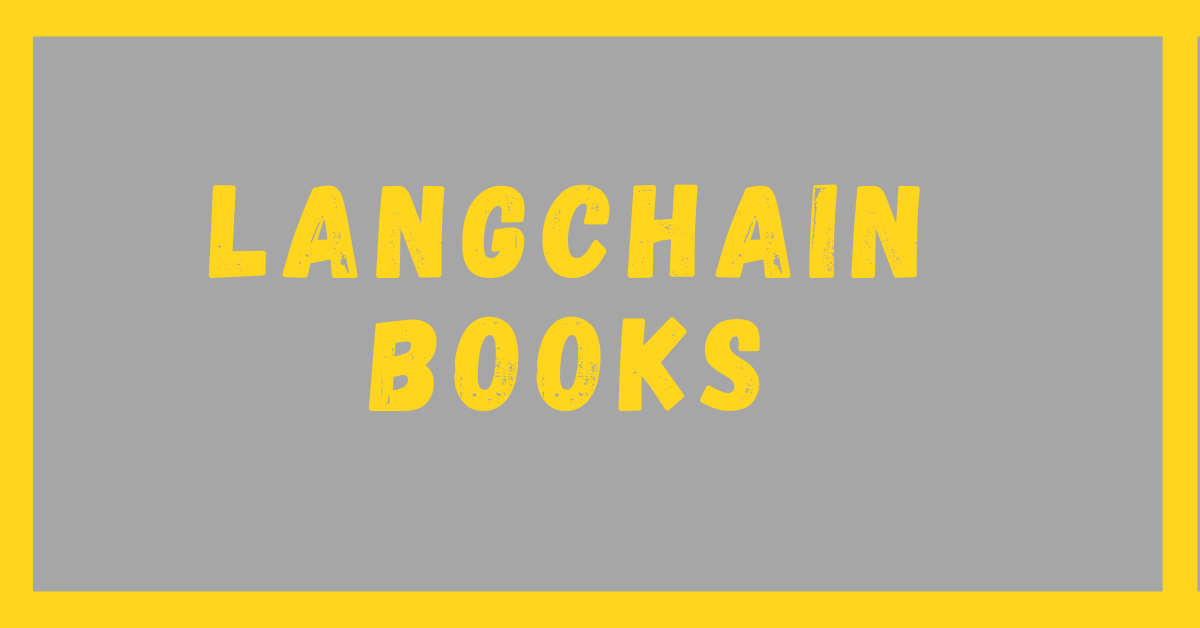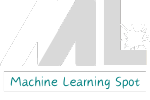Let’s talk about LangChain books. LangChain has undoubtedly become one of the most important frameworks to learn if you are into GenAI.
LangChain helps connect multiple components to make a good LLM-powered app. Its importance can not be denied. It makes building LLM-powered apps easy, fast, and user-friendly. Whether it be a chatbot, question-answering system, agent, recommendation engine, or intelligent workflow automation tool, LangChain provides the modularity and flexibility needed to integrate various language model functionalities without any hassle.
In this blog, I am going to recommend the 3 best books that I have selected for absolute beginners, which I would have read if I were starting LangChain from scratch. Finding good LangChain books might have been very difficult for me before, but now that I have experience with LangChain and know a lot about it, I can easily recommend the best books to take your GenAI journey to the next level.
These LangChain books are beginner-friendly and cover everything that you need to know about LangChain
So without any delay let’s have a look at the books
Generative AI with LangChain by Ben Aufarth

This is not a ranking of LangChain books, but if it were, I would place this book at the top of the LangChain books. This book is super beginner-friendly starting with the first chapter on what is Generative AI talking about GPTs, LLMs, tokenization etc.
In the second chapter again he takes baby steps and introduces LangChain by telling why LangChain is important why it can be used to mitigate LLM limitations and what are key components of LangChain like chains, and agents he compares langChain with other frameworks.
In the third chapter, he introduces LangChain, but instead of jumping directly into it, he first explains how to install various dependencies and packages. Then, he shows how to integrate different LLMs with LangChain. Throughout the rest of the chapters, the author takes a gradual, step-by-step approach, focusing on building a strong foundation for readers, accompanied by practical examples. This makes the book ideal not only for LangChain learners but also for those seeking a starting point to learn Generative AI.
LangChain AI Handbook By James Briggs & Francisco Ingham

This is in my recommendation of LangChain books, as it covers everything I believe a person should know about LangChain as a beginner. Although there are some intermediate concepts in this book too, it offers both reading material and video material, all for free, and their explanations are really worth it.
My suggestion would be to use both books, Generative AI with LangChain by Ben Aufarth and LangChain AI Handbook by James Briggs & Francisco Ingham, together. However, you can also read them individually if you want to.
This book is available on a website, with the written material organized by chapters. Each chapter is listed by name and number, and you can simply click on a chapter to open it. The chapters include code snippets, explanations, and video tutorials. If you want to watch the video tutorials directly, you can watch them from this link.
This book also covers a wide range of topics of LangChain like langchain fundamentals, prompt templates, Chains, conversational memory, RAG, AI agents, Custom tools, Streaming, RAG multi-query etc.
LangChain In Your Pocket By Mehul Gupta

The third book I’m going to recommend is LangChain in Your Pocket by Mehul Gupta. This is a paid book, but it’s worth considering for beginners, as it covers essential foundational to intermediate topics. While it may not be as strong as the previous two books I recommended for beginners, it’s still a solid choice. However, it’s not as beginner-friendly as the other two as LangChain AI Handbook includes video lectures it, and the other ‘Generative AI with LangChain’ places a stronger emphasis on foundational concepts, making them more accessible for those just starting with LangChain.
This book also covers a wide range of topics, including RAG (Retrieval-Augmented Generation), AI agents, prompt engineering, and prompt templates. It has detailed, dedicated chapters on output parsers, memory, callbacks, LangChain for NLP, AI hallucinations, and autonomous AI agents like Baby AGI, Auto-GPT, and HuggingGPT. These and many other essential topics make it an ideal book for those looking to advance from beginner to intermediate in their generative AI journey.
Concluding LangChain Books
In this blog on LangChain books, you were introduced to 3 LangChain books that I carefully selected and recommended based on my personal experience. If you need any further assistance, feel free to refer to my other blogs, as I’ve been writing about LangChain through my experiments and research.
I sincerely hope you will enjoy my LangChain blogs and my recommendations on LangChain books. If you have any feedback or suggestions, feel free to reach out, and don’t forget to check my blogs on each LangChain topic. Thank you!


